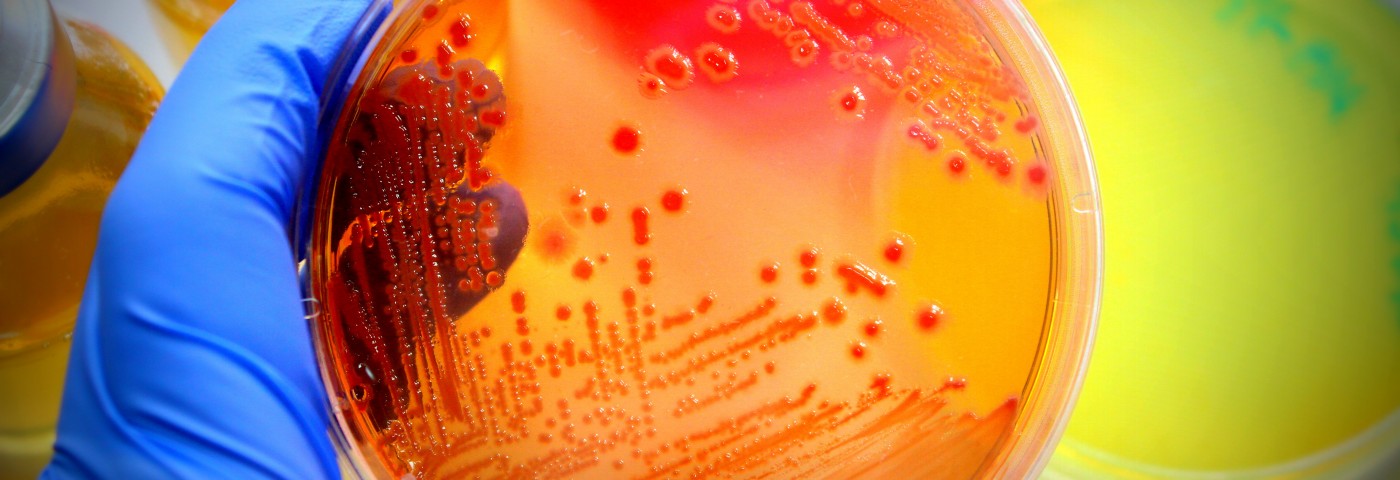Researchers at the University of California Los Angeles (UCLA) reported that anti-inflammatory, “good” intestinal bacteria, bolstered by probiotics, may reduce the risk of developing some types of cancer, including lymphoma.
Their article, “Chemopreventive Metabolites Are Correlated with a Change in Intestinal Microbiota Measured in A-T Mice and Decreased Carcinogenesis,” was published in the PLOS ONE journal.
Lymphoma develops when immune white blood cells (lymphocytes) proliferate uncontrollably and then travel to other body parts, where they can form tumor masses. As with many cancers, lymphomas might be prevented or at least delayed through healthy choices, and are best treatable when detected early through screening tests.
The researchers propose that gut bacteria could help to prevent or delay the development of lymphoma. Gut bacteria are divided into two categories: a beneficial type with anti-inflammatory properties, and harmful bacteria that stimulates inflammation.
In 2014, a UCLA study published in Cancer Res. proposed a link between the onset of lymphoma and intestinal microbiota. Researchers used mice with a mutated ATM gene, responsible for high incidence of leukemia, lymphomas, and other cancers. Some animals were administrated only anti-inflammatory bacteria and others a mix of inflammatory and anti-inflammatory microbes. The results revealed that lymphoma development was significantly delayed in those animals receiving the anti-inflammatory bacteria alone.
Now, researchers used similar mice models and methods to understand how microbiota delays the onset of cancer. They examined the metabolic substances induced by the gut’s natural metabolites in mice urine and faeces, observing that mice receiving only the anti-inflammatory microbiota secreted metabolites known to prevent cancer. Furthermore, these mice produced more efficient fat and oxidative metabolism responsible for reducing cancer risk. Other results confirmed findings from the 2014 study, indicating that the anti-inflammatory microbiota delayed by half the development of lymphoma (when compared with mice also receiving inflammatory microbiota in a mix that usually resides in the gut). The beneficial bacteria also increased mice lifetime four-fold, and reduced DNA damage and inflammation.
“Together, these findings lend credence to the notion that manipulating microbial composition could be used as an effective strategy to prevent or alleviate cancer susceptibility,” the researches wrote. “Remarkably, our findings suggest that composition of the gut microbiota influence and alter central carbon metabolism in a genotype independent manner. In the future, it is our hope that the use of probiotics-containing [supplements] would be a potential chemopreventive for normal humans, while the same type of microbiota would decrease tumor incidence in cancer susceptible populations.”
The team isolated a beneficial bacterium called Lactobacillus johnsonii 456, often used in food industry. “Since it is a Lactobacillus strain, it makes excellent yogurt, kefir, kombucha and sauerkraut,” Robert Schiestl, a professor of pathology, environmental health sciences and radiation oncology at UCLA and the study’s senior author, said in a press release.
Researchers filed for a patent, currently pending, describing Lactobacillus johnsonii 456 as an anti-inflammatory agent. Their hope is that clinicians might one day reduce a person’s risk for cancer by analyzing the levels and types of intestinal bacteria in the body, and then prescribing probiotics to replace or bolster bacteria with anti-inflammatory properties.
“It is not invasive and rather easy to do,” Dr. Schiestl said.


